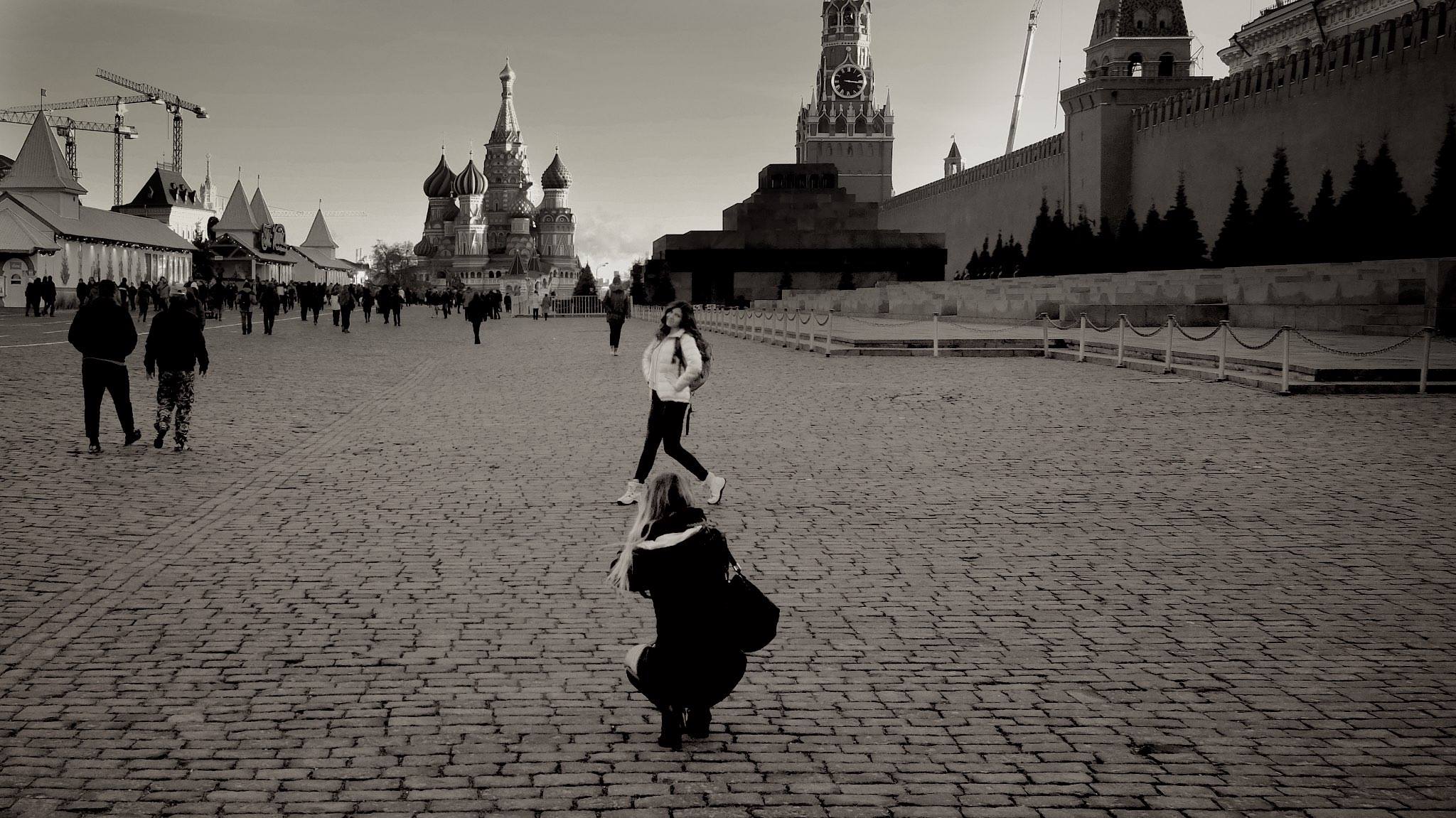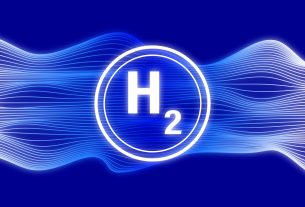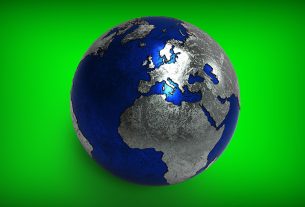Naive? Perhaps… Exactly one month ago I was visiting the Russian consulate in Amsterdam. The conversation with the trade representative of the Russian Federation was mainly about hydrogen. And especially about how Russia can become an important supplier to the Netherlands in the future.
Wim Raaijen, editor in chief
The tensions in Ukraine were already playing in the background. But as a journalist, I prefer interest – or perhaps curiosity – to an exclusive or biased political viewpoint. Moreover, at that point there was only a threat. Admittedly, I was not entirely relaxed when I entered the consulate at Museumplein in Amsterdam.
Invitation
It was an interesting conversation. After a bit of small talk, about our Dutch Kings Day on the Museumplein and the parties that erupt in front of the consulate when Ajax wins the national championship, the conversation turns to energy, and hydrogen in particular. After all, Russia will soon have sufficient possibilities to produce blue and turquoise hydrogen on a large scale. And perhaps even via the green route. Naturally, the country will then be looking for sales outlets, including in the Netherlands. A surprisingly open conversation, at least at first sight, with a sympathetic sales representative.
It also fell into place: it is better to trade with each other than go to war. We both agreed on that. An almost open door, with possibly a deeper meaning. The European Union and its predecessors ensured that there has been no war in and between the member countries since the Second World War. And still there is, although with the violent invasion of Ukraine it has suddenly become close.
I strongly feel that the trade representative did not see the current situation coming either. He was going to send me another invitation to an online meeting between Russian and Dutch businessmen in mid-February. However, I didn’t receive that invitation anymore…
One pitfall of reasonable thinking people may be to expect that others will be reasonably as well in the end.
Russia’s aggressive attack on Ukraine confused me, and I think many with me. Until the last moment, I thought it wouldn’t happen after all and that the warnings of the US and NATO were also part of the international game. Surely Putin would not put Russia’s economy at risk? Well, he would.
One pitfall of reasonable thinking people may be to expect that others will be reasonably as well in the end. When I woke up November 9, 2016 to Trump’s unexpected election win, I saw him on stage with his children, especially his youngest son. I thought: he’ll be milder as president. Not so. In the end he turned out to be a narcissistic disruptor of democracy. The same types are now running around in Dutch politics. It goes against all reasonableness, but they are there. And there are also huge hordes of people who follow them. Maybe we should stop being soft on them.
At the end of 2015, I had the opportunity to attend a symposium in Moscow. Organized by the Russian state gas company Gazprom and our own Gasunie. I remember the almost charming scenes on Red Square, where the most beautiful baubles were being sold and a nostalgic merry-go-round was turning its rounds. I wondered why Moscow attracted so few tourists, with its sometimes fairytale-like buildings and impressive metro stations. It would make the Russian economy more diverse, less vulnerable. After all, virtually the entire Russian economy is based on the export of oil and gas.

Apparently Putin is not at all interested in tourism, because it can have a binding, cooperative effect. The old “divide and rule” is rather his credo. And with the income from oil and gas alone he was able to build up a war chest for years. And yes, it is confusing that this includes a lot of Western money.
Industrial Production
So I completely understand wanting to cut all economic ties with the Russian federation. Also, for example, praise for BP giving up its 19.75 percent stake in Russia’s Rosneft. The company would have to write off over 22 billion euros by the end of this quarter due to the sale. No free action, then. Also Shell, Exxon and more followed the example.
Rigorous decisions are being made in a short period of time. Not without consequences. And also the puzzles are not yet clear. For example, although the German government has announced the investment in two LNG terminals, these are obviously not built in a few nights. One of these concerns a terminal in Brunsbüttel that Gasunie is developing. Talks with the German government about the construction are in the final stages. Gasunie hopes to start building the terminal before the end of the year.
The coming spring and summer may see existing LNG terminals and large-scale underground storage facilities filled to capacity, for example with American shale gas and additional imports from the Middle East. Of course, we can all do as much as we can to use less gas, but in the short term we won’t get much further than turning the thermostat down a degree. And there are plans to scale back industrial production a bit where possible.
Reasonableness
Russia’s economic isolation is apparently necessary and we must therefore cut our own coats according to our cloth. However much it may go against the advantages of connection and reciprocity. There may seem little room for this, just as much as reasonableness has come to an end for the time being. We do not need to be naive about that in the current phase anyway.





